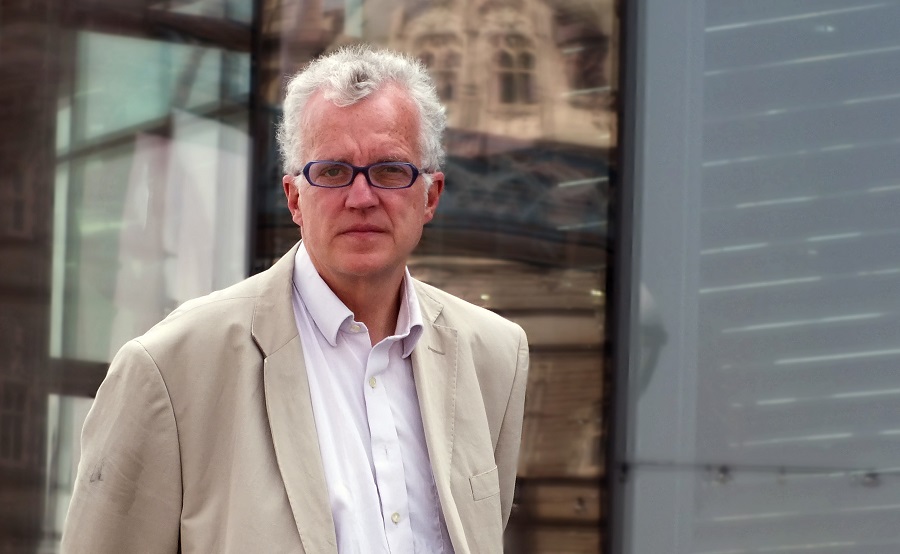Matthew Engel, Eleven minutes late, Macmillan, £14 99, 324pp
Matthew Engel is in despair. But it’s his fault. The former editor of Wisden thought he would seek solace away from covering the ghastly state of cricket by touring around the country by rail and writing a book about it. But all he did was plunge from the frying pan into the mire.
Engel should have known that there is an uncanny similarity between railways and cricket: they were both invented by the British and yet we are crap at them. You can almost feel his pain as he comes to realise just the poor state of the generality of services on the railways.
He had few preconceptions, having recently experienced delays on 17 out of his 20 journeys between Newport and London, but he expected rather better than the Virgin steward, Umerji, who addresses him while he is loitering in the shop seeking out his breakfast and something to read: ‘have a bacon roll, you c**t’ and then, while he is still hesitating, ‘or you will be hear all f*****g day’. Richard Branson would be proud. To be fair, most of the staff are pleasant and dedicated, and none of his trains are seriously late. There are, too, the odd signs of investment well spent but overall he rails: ‘The railways are not a national joke. They are a national disaster.’
Engels does, with consummate wit and charm manage to make a lot of good jokes at their expense, but interweaves this with a serious argument, that the railways have always been maltreated by those in power. Despite all the errors on the railways made by administrators and politicians throughout their 180 year history, Engel reserves his best acerbic comments for the incompetent and customer-unfriendly private train operators who were handed the running of the system by the Major government of the mid 1990s. Major himself does not escape, amazingly granting Engel a rare interview but despite this courtesy the author concludes ‘John Major had a plan for the railways. It was a terrible plan, execrably executed’.
On the train operators, he is even more unmerciful: ‘One of the many surprises of privatization is just how dreadful firms like National Express have been in offering any sense of style or pride or even marketing – all the things that private enterprise is supposedly good at.’ He points out that National Express is particularly obsessed with its corporate image – indeed, one of its managers told me that its bosses wanted to change the name of its C2C franchise to the trip-off-the-tongue National Express South (or possibly Sarf) Essex.
Engel’s book manages to provide a simultaneous geography and history lesson, through the medium of his journey round the network. It is entertaining and instructive, picking up on those arcane little details that makes for readable history and providing, in just 300 pages a summary of both subjects in relation to the railways. It is a social history, too, ‘a book about the British’ as he puts it, taking us to places we would not want to visit such as Engel’s least favourite town, the pleasant sounding Morecambe where arriving on Britain’s vilest train, the ghastly Pacers based on a bus design, he finds ‘guest houses that were…run by jailers who came to the door brandishing bunches of keys and an expression of extreme suspicion’ and a general store with ‘security measures suitable for a jeweller’s shop in the crack-dealing quarter of Detroit’.
Very few railway books manage to break out of the trainspotters’ noose. They are largely written by nerds for geeks or vice versa but Matthew Engel’s elegiac tale with its gentle humour and acute insight rises far above the usual banalities of the genre and makes perfect reading on your next train journey. Just don’t weep. Or as Engel puts it, ‘I love trains. I hate trains.’ I know how he feels.
